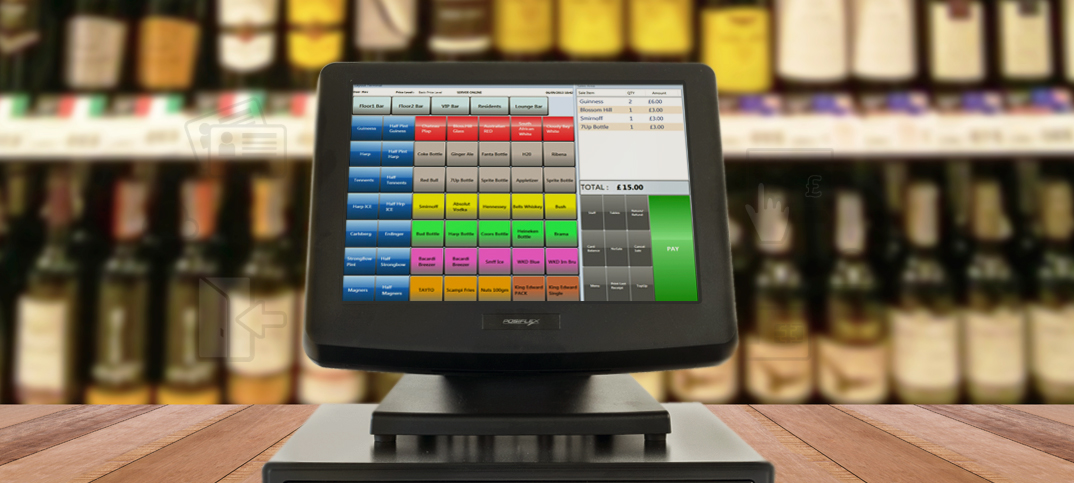I have been thinking a lot about data recently. It was prompted by a couple of things, including a conversation with a retailer who has just had a new EPoS system installed.
The problem with EPoS is that it can be difficult to know exactly where to look for the data that can help you understand your business.
How do you move from beyond the basic weekly sales data to make meaningful differences? How do you know when a product is really successful? And how do you know whether to introduce a new line or not?
I recently met with a company that deals with data from more than 3,000 independent retailers. I asked them to crunch some data from independent stores for a leading alcohol company. They presented me with a simple four-page document.
Page one listed the company’s brands. The leading SKU was a price-marked spirit brand. This, the first page told me, is sold by 32% of their stores each month.
The second page delved one layer further. It showed me that of the 20 shops that sell the most of this SKU, 10 were symbol stores. The biggest store sold £185-worth of this one SKU each week. The leading independent store sold around £65-worth per week.
Then it went into location. The largest store was one situated in what they called a “neighbourhood village” location. The second biggest store was “city centre residential”. None of the top 20 stores was in a “city centre non-residential” location.
Finally they looked at geography. The store with the £185 weekly sale is in Scotland. The second largest store is in the south-east. Of the 20 stores that sell the most of this one SKU, none are in Yorkshire and only one in the North West.
In four pages I’ve learned that if you run an independent high street store in Sheffield and sell this SKU, you need to look at your shelf space and visibility. There is a real opportunity to grow your sales because there is a product that a third of all stores in the UK sell – and it could be earning you £700 a month if you push it right.
Make it simple. Don’t drown in numbers. Pick one area of your business, or one SKU, or one promotion, at a time. Drill that one down, and work on that. Start small and you’ll be able to make small but effective changes to your business, one step at a time. You know it better than anyone – but gather the right data and it can help support the decisions that you make.





Comments
This article doesn't have any comments yet, be the first!